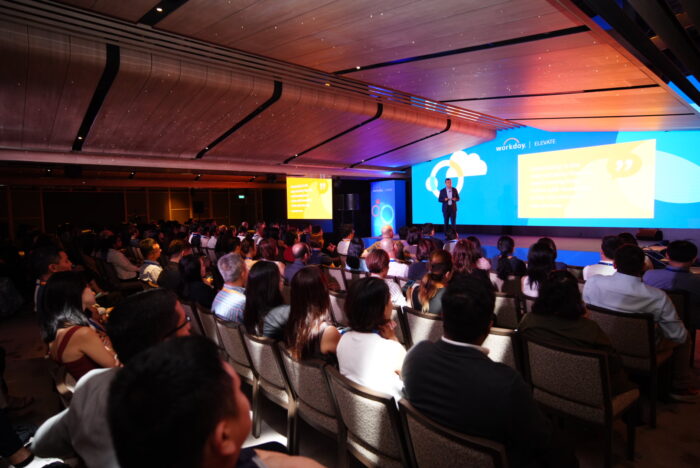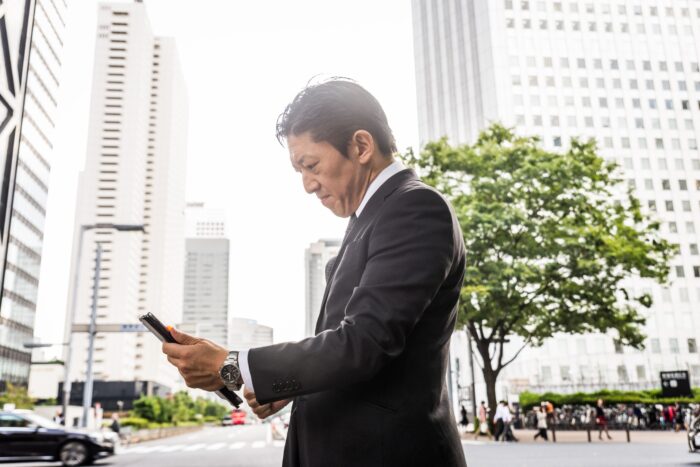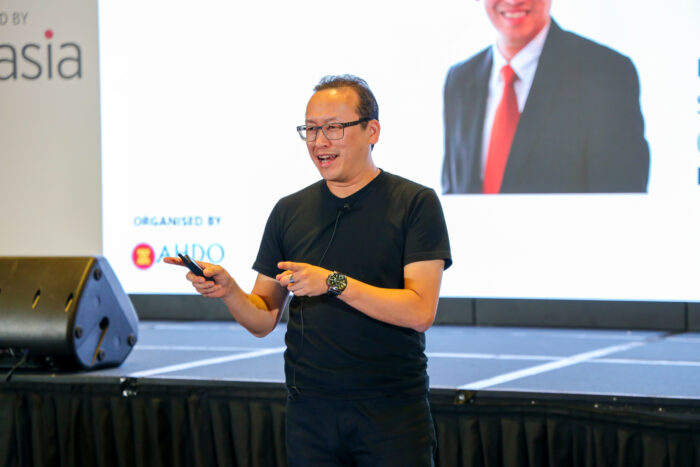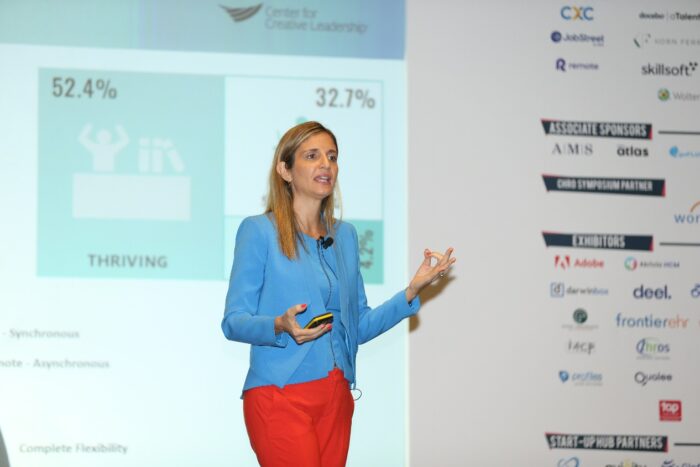More women fall out of employment in Bangladesh

Rising adoption of new technology has seen Bangladesh’s working female population fall by more than two million in the last five years.
Female employees more likely to be affected by AI automation

With the rise of AI automation, women are more likely to be disproportionately impacted due to gender disparity in certain fields of work.
More employees in Australia feeling unsafe while at work

Australian employees in small businesses are reportedly feeling harassed and bullied in their jobs, a new survey tasked for work health and safety found.
Accelerating digital transformation and powering the future of work

Combining AI and machine learning, the Workday platform continues to support the business growth and development of more than 10,000 users.
Prioritise mental health for a stronger workforce, employers in Malaysia told

To boost productivity and business results, employers must prioritise their employees’ mental wellbeing, says a NGO in Malaysia.
Employees in Malaysia urged to adopt lifelong learning goal

The Secretary-General of Malaysia’s HR Ministry is encouraging employees in Malaysia to reskill and upskill themselves to remain relevant.
Gender discrimination in the hiring process still prevalent in Japan

While measures have been introduced to ensure a level playing field during recruitment, employees still face gendered microaggressions and stereotypes.
AI may have a greater effect on higher-educated employees

While generative AI has the potential to positively impact the global economy, it may also disrupt white-collar employees’ career paths.
Job additions slow down despite record employment in South Korea

While the employment rate continues to hit record high, new job additions in the country slowed down for a second consecutive month.
Why reducing gender inequality in the workplace is a team effort

Gender equality in the workplace is a responsibility for all and organisations can work to encourage more male employees to invest in the process.
Samsung Electronics offers four-day workweek option for some employees

The move is in line with the multinational electronics corporation’s effort to improve work-life balance and provide more flexibility for employees.
Employees in Hong Kong want to continue remote work

Not understanding problems employees face is causing conflict between managers and employees as the return to work accelerates in Hong Kong.
Japan focuses on accelerating wage growth in fiscal 2023

Investment in human resources development and the reskilling of employees will also be priorities as the government looks to achieve economic growth.
Employees may perceive peer recognition programmes as unfair

While public peer recognition may be used to praise employees, the method can backfire, making them less willing to help others.
The next key pillar of HR: From human resources to human development

Fong Tuan Chen of Maybank speaks to HRM Asia about human development and explains what is delaying its implementation by organisations.
Google moves to get more employees back into the office

Measures such as surveilling attendance at work will be implemented as the tech giant continues to reverse its once popular remote work policy.
Kellogg’s moves to remove credential requirements for job positions

The push to remove degree requirements for most job positions is part of Kellogg’s strategy to attract more job candidates from a wider talent pool.
Employers in Hong Kong struggling to retain talent

Driven by factors such as emigration and raising wages, companies in Hong Kong have been facing a labour shortage for at least a year.
HRM Asia Readers’ Choice Awards 2023: Nominations now open!

Asia’s biggest awards for HR and HR technology solutions providers returns this year with over 30 exciting award categories to be contested.
The importance of incorporating human development into leadership

Center for Creative Leadership’s Elisa Mallis tells HRM Asia how leaders can embrace human development as leaders.
Work-life balance tops list of priorities for employees in Singapore

Employees now prioritise work-life balance when it comes to choosing an employer, and companies have to create a workplace culture that can meet this need.
Work-from-home parents worry about career opportunities

Working parents express anxiety about having their careers stalled as they work from home and care for their children.
Focus on rewarding local employees, employers in Malaysia told

Malaysia needs to provide incentives and raise salaries to keep more Malaysians employed in the local workforce, says the Human Resources Minister.
Meta continues reversal of remote work policy

With effect from September 5, Meta employees will be returning to the office three times a week, as the company continues to push for a hybrid work policy.
Six effective strategies to network for introverts

Networking may seem like a chore for some employees, but they can use it as an opportunity to create genuine and lasting relationships..
How Gen Z employees can contribute to the corporate workplace

A millennial boss shares her experience hiring Gen Z employees and how they impressed her with their work ethic and eagerness to learn.
The skill introverts can use to thrive in the workplace

Introverted employees can contribute to workplace culture if they can openly converse with their managers on alternate ways to contribute.
How to cultivate organiational health for organisational success

Cultivating organisational health is crucial to retain the best talent in non-profit organisations, and six ‘power practices’ can help them thrive.
Enhancing digital workflows by eliminating redundant work processes

To fully incorporate digital transformation within workflows and processes, organisations must rejuvenate and subtract from existing processes.
Worry about lack of workers, not technology, says former Google CEO

Future worker shortage from falling birth rates should be bigger worry than AI replacing jobs, says Eric Schmidt, former Chief Executive of Google.
